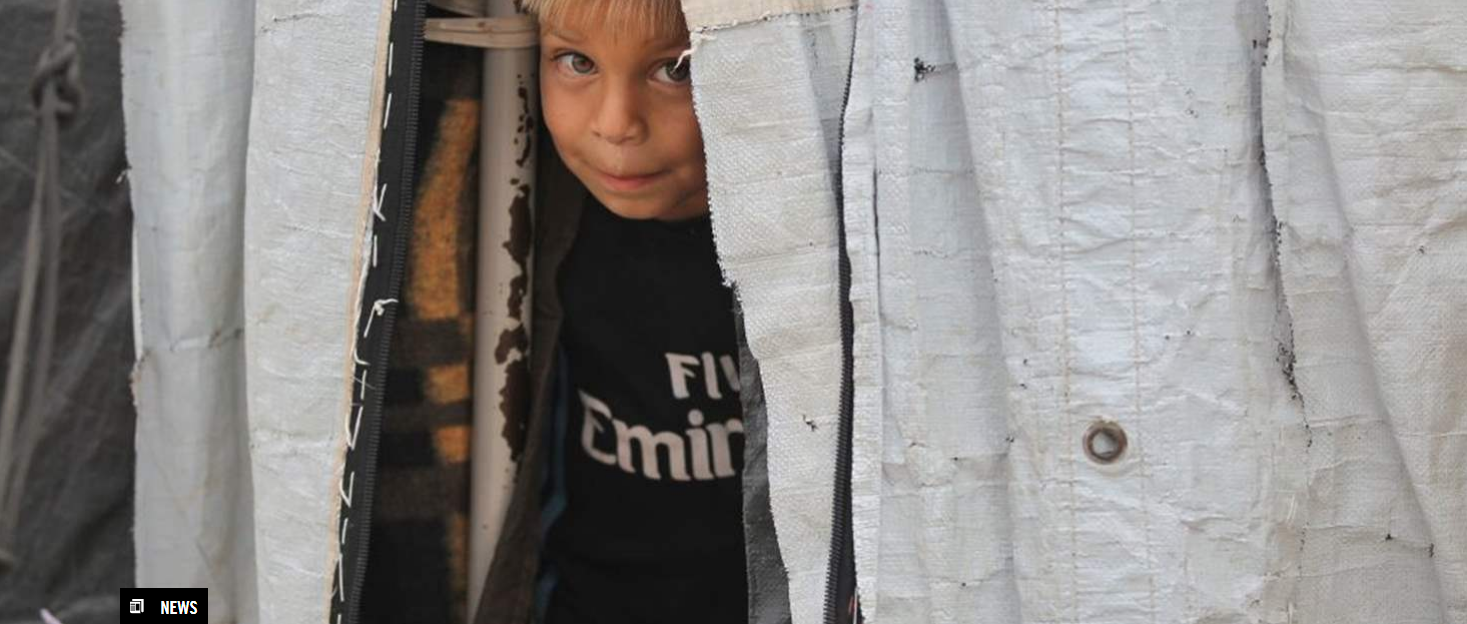Responding to news that hundreds of internally displaced Iraqis, mostly women and children, have been forcibly returned today from a northern camp, Hammam al-Alil, to their hometown in Hawija despite serious humanitarian and security concerns, Amnesty International’s Middle East Research Director, Lynn Maalouf said:
“These reports that hundreds of internally displaced Iraqis are being loaded onto buses and taken to Hawija are extremely disturbing – much of the city is in ruins. Many of these people don’t have homes to go back to, and will struggle to access essential services such as health care and schooling and may not afford access to water and electricity. Until the government has established a framework to ensure their safe, voluntary return, the Iraqi government must refrain from sending anyone back.
“These returns are clearly premature. In addition to the extensive destruction, lack of adequate infrastructure and services, there are other serious obstacles to consider. In recent years, families returning to their place of origin have been exposed to a catalogue of abuse including evictions, arrests, looting, sexual abuse, and discrimination. We also have evidence that displaced families, especially those with perceived ties to the armed group calling itself Islamic State (IS), are routinely blocked from obtaining new or replacement identity cards. As a result, many – sometimes entire families – are missing vital civil status documents without which they can’t work or move freely.
“The Iraqi authorities have always assured Amnesty International that any returns they carry out are voluntary; this sudden change in policy is worrisome and is contrary to international human rights law and standards, as well as to international humanitarian law. We urge the authorities to immediately halt these forced returns.”






















